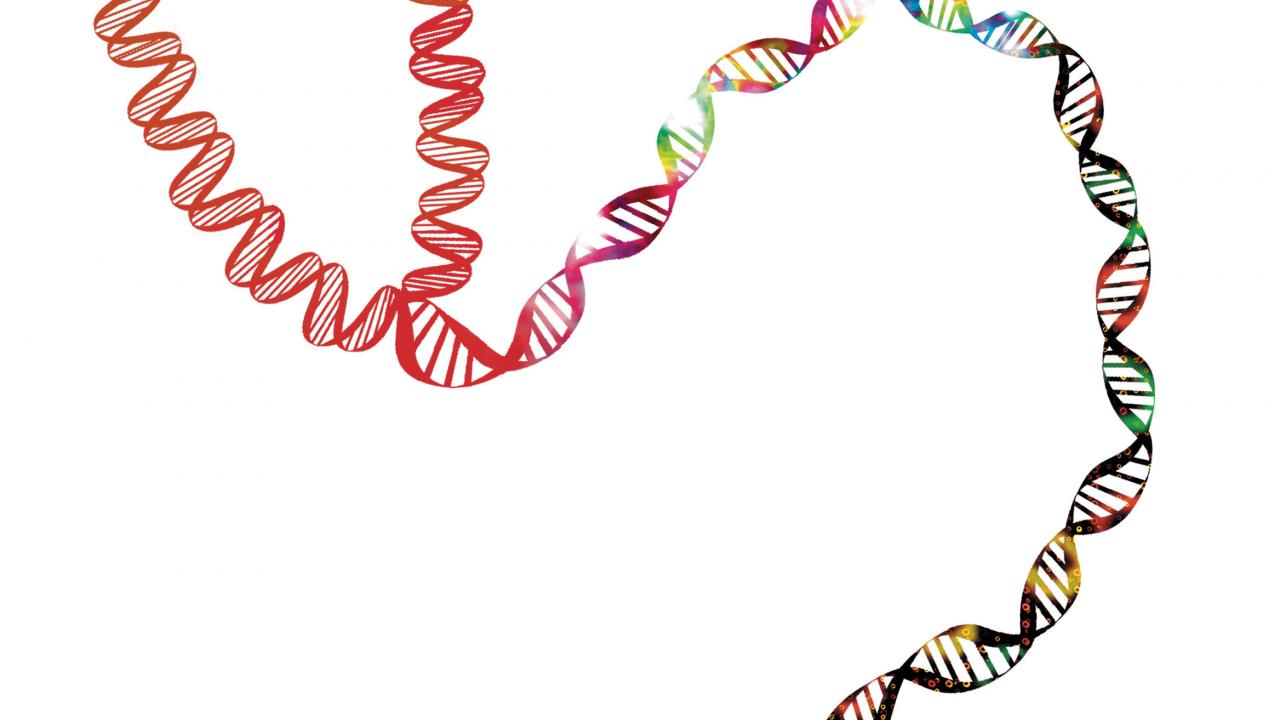
UC San Francisco has unveiled a new cloud-based software platform that significantly advances precision medicine for cancer. Built in partnership with Palo Alto-based company Syapse, the new platform seamlessly unites genomic testing and analysis, personalized treatment regimens, and clinical and outcomes data, crucially integrating all of these features directly into UCSF’s Electronic Medical Record (EMR) system.
The project was a collaborative venture of UCSF’s Genomic Medicine Initiative (GMI) and the UCSF Helen Diller Family Comprehensive Cancer Center.
“Many major medical institutions, including UCSF, have long had the science and the technology to generate genomic test results,” said Kristen McCaleb, PhD, program manager for the GMI. “The problem we’ve had is a lack of IT infrastructure to return those results to the clinicians who order the tests in a clearly actionable format. This new platform creates a doctor-friendly report that physicians can use to put genomics into the context of a patient’s clinical history, to receive guidance based on our institution’s best practices, to query for additional information—including outcomes of prior UCSF patients—and, ultimately, to provide better care for their patients.”
Jonathan Hirsch, Syapse president and founder, said that tight integration with APeX, UCSF’s Epic-based EMR, makes the new platform uniquely powerful. “Genomics has the potential to dramatically improve patient care in oncology, but the full promise of precision medicine cannot be realized without a software platform that brings genomics to the point of care,” said Hirsch. “It is critical that genomic data be integrated with the patient’s medical history and presented to the clinician within the workflow of their EMR.”
Beginning in the spring of 2015, UCSF oncologists will be able to use the new system to order the “UCSF 500,” a panel of more than 500 gene mutations that have been implicated in a range of cancers, with tools built directly into their adult and pediatric patients’ EMRs. When UCSF 500 test results are available, they will automatically appear in a Syapse-powered window in the EMR, and from there, physicians will be able to trigger consultation by a newly formed Molecular Tumor Board, which can recommend customized treatment plans for each patient.
The Tumor Board’s recommendations are recorded in Syapse alongside the physician’s decisions, and the patient’s clinical course will be continuously tracked, with the resulting information, including clinical notes and summaries, displayed to the physician in an easy-to-understand graphical format in the EMR.
Hirsch said that the assembly of the UCSF 500 wouldn’t have been possible without the energetic involvement of UCSF’s medical oncologists. “The clinicians at UCSF have been highly involved in defining what ‘actionability’ truly is—knowing which genomic alterations in which cancer types can be best treated with targeted therapies. They’re sitting down and doing the hard work of creating a cancer genomics knowledge-base, which has allowed Syapse to design automated clinical decision support that reflects UCSF’s leading oncology care.”